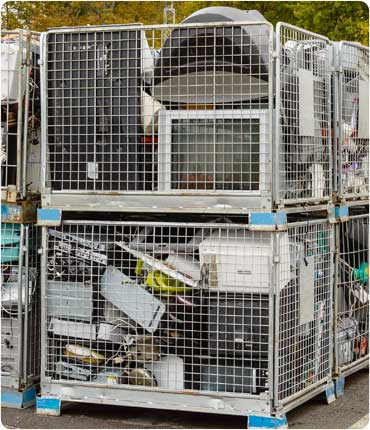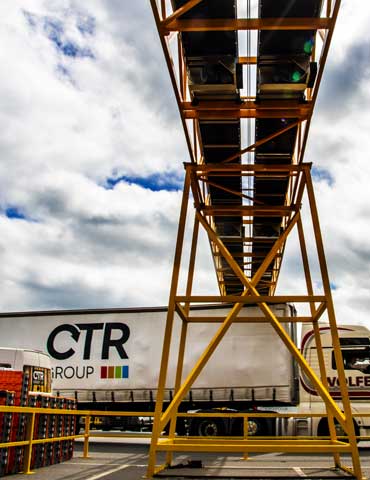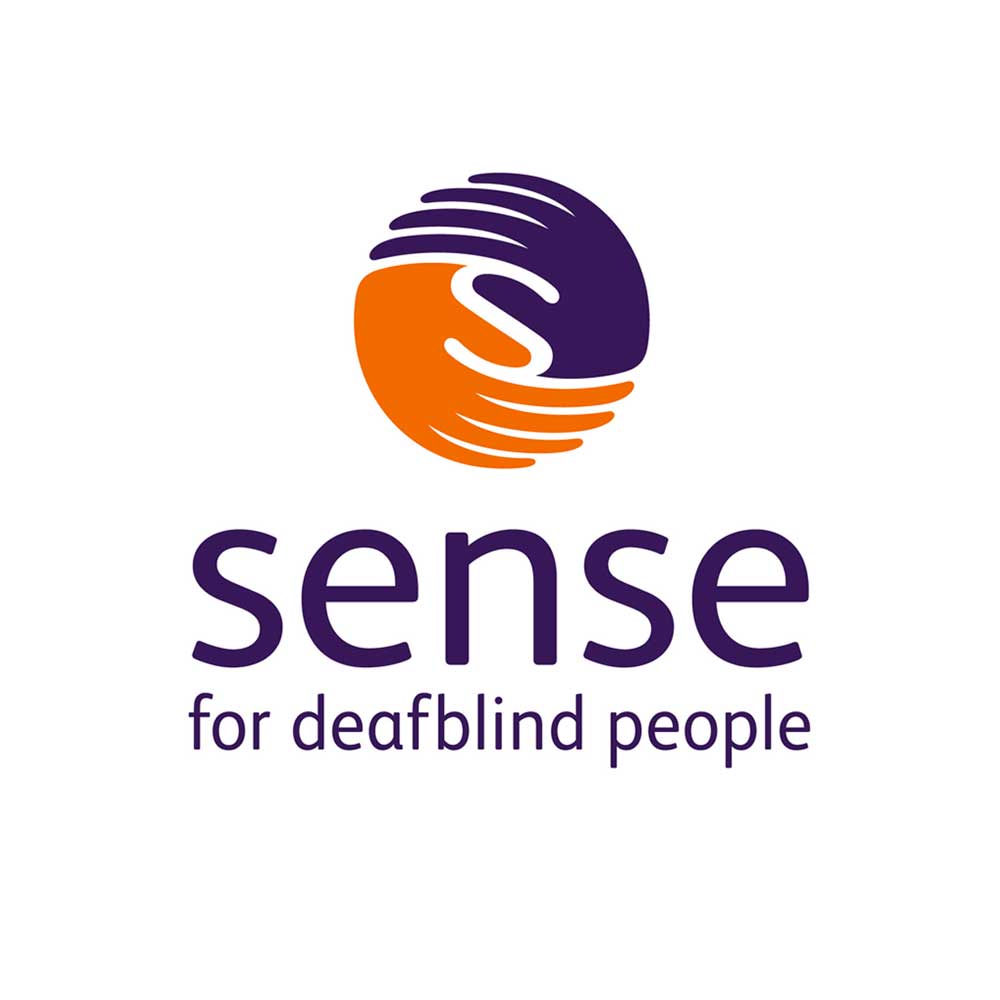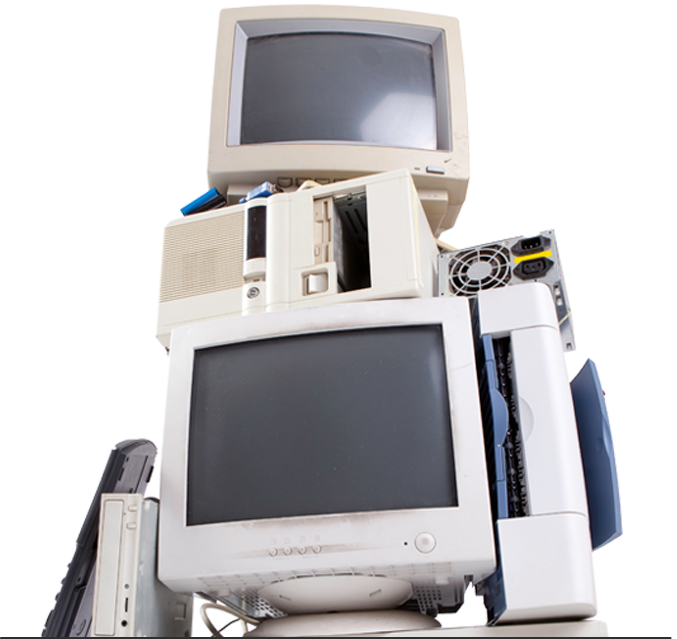our WEEE service
We can collect, treat and recycle all your electrical equipment, from any site across the UK and Europe. We can ensure that if you’re a reseller, distributor or manufacturer of electronic and electrical equipment that you’re fully compliant with the Waste Electronic & Electrical Equipment (WEEE) directive.
Make a quick enquiry
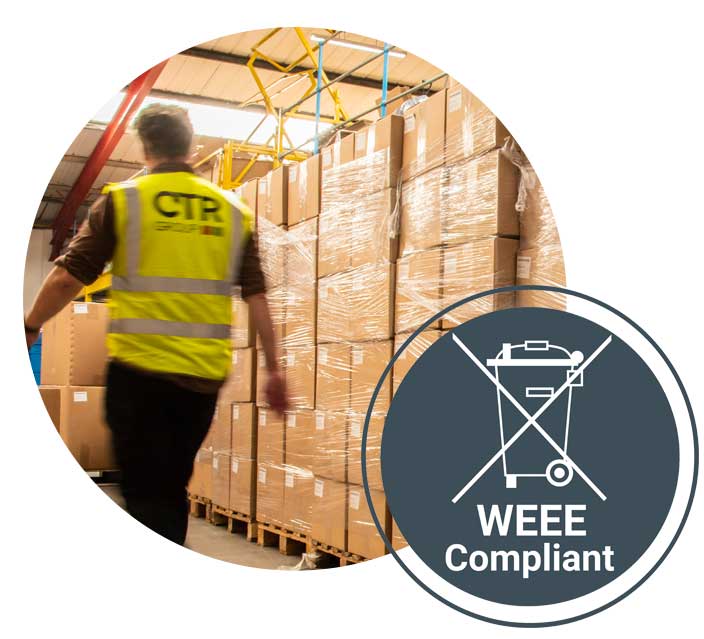
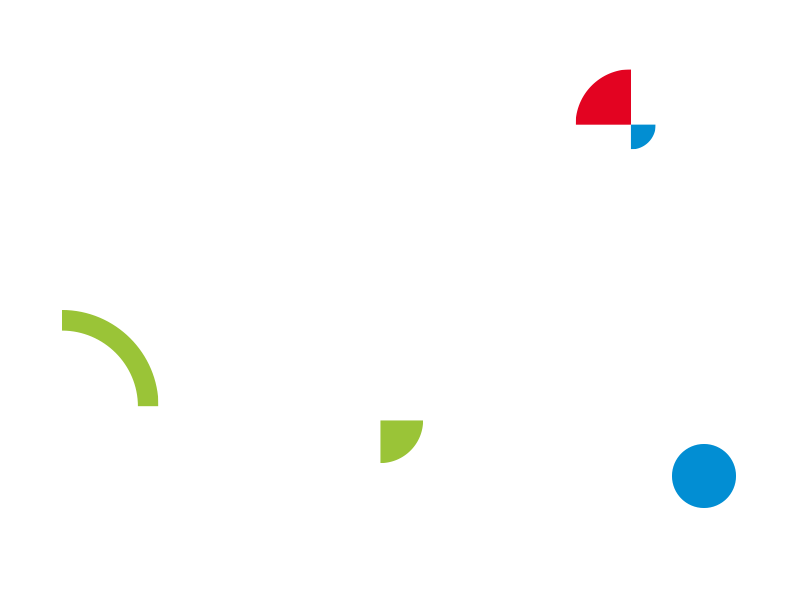
What is WEEE?
The Waste Electrical and Electronic Equipment regulations (WEEE) are legislation that ensure all electrical and electronic equipment (e-waste) is recycled or disposed of in an environmentally-friendly way at the end of its life.
It became law across the EU in 2007 and companies must be compliant with all its regulations. It clearly places the responsibility for the safe collection, recycling or eco-friendly disposal of 14 different types of electronic and electrical equipment with the retailer, distributor or manufacturer.
why does WEEE legislation exist?
If it’s incinerated or dumped in landfill at the end of its life, electronic and electrical products break down – either quickly or over time – and toxins from the corroding metals within them leech into the ground and water tables, finding their way eventually into the food we eat and the water we drink.
Everything in the product can be potentially hazardous if left in landfill, from circuit boards to batteries, and there are risks of noxious gases escaping and batteries exploding when electrical products are burned.
“By 2030, the UN predicts the volume of electronic and electrical waste will increase by 39%; resulting in 75 megatonnes, annually”
What is included?
The WEEE directive covers all appliances large and small, from air conditioning units down to light bulbs. It’s the big ticket items you might expect to be included – like monitors, printers and routers, but it’s also everyday devices like cables, phone lines and mice.
It’s why making sure you have an IT asset disposal policy in place is absolutely crucial. If you are a producer, distributor or retailer, then the sustainable end-of-life handling of these assets is your responsibility.
